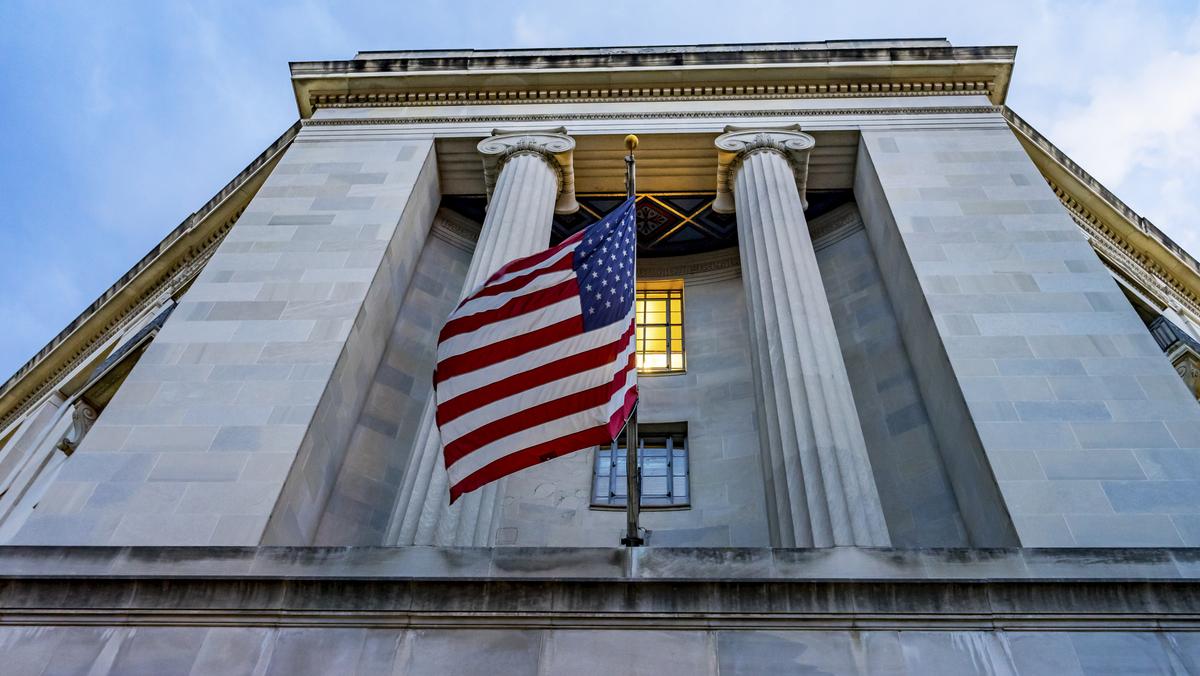The Biden administration has made combatting global money laundering and corruption, which it calls a threat to health, education, and investment in affected countries, a key component of its overall strategy to aid the Central American region. President Joe Biden has this year publicly committed to fiercely pursue foreign corruption through vigorous enforcement of the Foreign Corrupt Practices Act (FCPA) and has signaled the administration’s intent to quickly build out the Treasury Department’s new Federal Beneficial Ownership Registry among other efforts to prosecute global corruption and crimes committed against the U.S. by foreign actors.
Aligned with this strategy, on October 15, 2021, the U.S. Department of Justice (DOJ) announced the creation of a bilingual tipline as part of its efforts to combat corruption in El Salvador, Guatemala, and Honduras — collectively referred to as the Northern Triangle of Latin America. The line, available at combatiendocorrupcion@fbi.gov, is for anyone wishing to report information pertaining to corruption in El Salvador, Guatemala, and Honduras involving potential violations of U.S. laws or the movement of proceeds from corrupt activities through the United States or its banking networks.
The tipline is intended to assist the DOJ’s multidisciplinary Northern Triangle Anticorruption Task Force, which was born from the federal government’s overall efforts, led by Vice President Kamala Harris, to mitigate mass migration across the U.S. southern border. The task force, announced in June 2021, will seek to address corruption in the region, which the department has described as a root cause of the influx of migrants from Central America. The task force is composed of representatives from three of DOJ’s criminal divisions — the FCPA unit of the fraud section; the Kleptocracy Asset Recovery Initiative in the International Unit of the Money Laundering and Asset Recovery Section; and the Narcotic and Dangerous Drug Section.
The task force is also supported by special agents of the FBI’s International Corruption Unit, the Drug Enforcement Administration, and the Department of Homeland Security. Task force members will evaluate information sent to the tipline for any U.S. jurisdictional links with an eye toward investigating, prosecuting, and, where appropriate, returning ill-gotten funds to the citizens of the three Central American nations.
Companies conducting business in the Northern Triangle should be on notice. The DOJ’s new tipline offers a direct hotline for potential whistleblowers to report potential noncompliance with the FCPA and other corruption-related activities. This new route of direct access to department officials, coupled with an administration and Securities and Exchange Commission that has repeatedly shown a willingness to engage with (and reward) whistleblowers, underscores white collar practitioners’ prediction of an increasingly aggressive enforcement environment.
Companies with business in the area should (1) review their existing compliance programs to implement any necessary enhancements and (2) pay careful attention to internal reports arising out of those three Latin American countries for investigation and remediation, as appropriate. If self-disclosure is warranted, early disclosure of any potential issues has the virtue of garnering the department’s trust and possible self-disclosure and cooperation credit. In the alternative, companies that conduct a thorough review in the first instance and declare a clean bill of health can benefit from leveraging that work to demonstrate the baselessness of any such allegation. As is often the case in corruption-related matters, reasonable and proactive steps can go a long way in mitigating, or eliminating entirely, the brunt of any potential enforcement action. (https://www.mondaq.com/unitedstates/anti-trustcompetition-law/1128688/doj-announces-new-measures-to-fight-corruption-in-central-america)






































